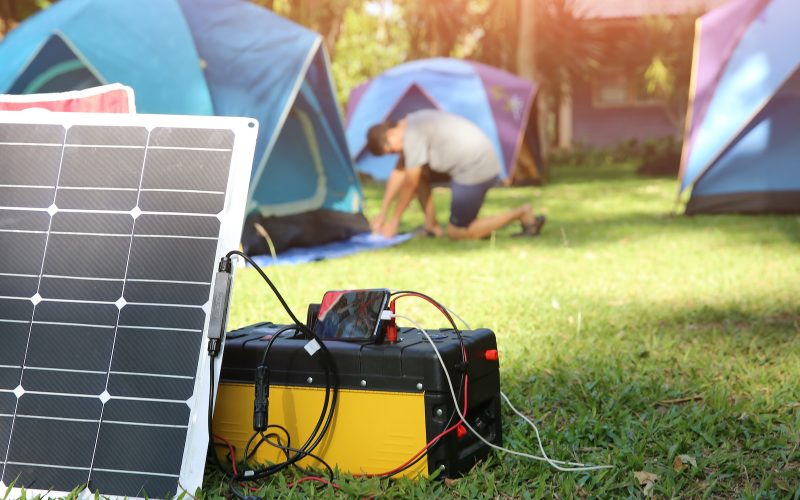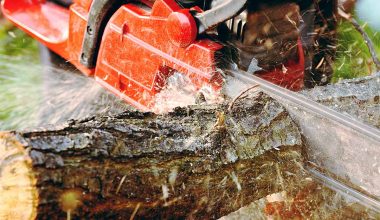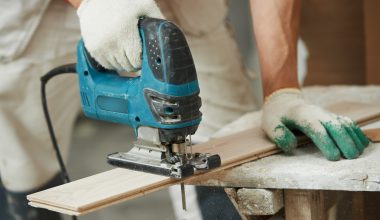A solar generator can be a lifesaver when it comes to preparing for a power outage. While other people are running to the store for gasoline to fill a generator, you will not have to. With a solar generator, you will always be ready should an emergency arise. Solar generators stay charged and ready for use when they are needed. However, when it comes time to use one, will you have enough power? Let’s take a look at what it takes to determine the size of a solar generator you need.
Size of The House vs. Power Consumption
Many people think that if you have a large home, you will need a large solar generator. This is just not the case. The size of the solar generator you need will be determined by the amount of power you will use.
During a time of a power outage, the amount of power that you use will be significantly reduced. Most people are not going to live the same way they normally do when power is in full working condition. Your lifestyle will adjust, and so will your power needs.
Steps For Determining The Size of The Solar Generator You Need
Here are a few steps that you should take to get a proper idea of how large of a solar generator that you need. The good news is that most solar generators can be expanded on by adding more solar panels. This will help you to get the proper system for your home.
Step 1: Determine Essential Appliances
The first step in this process is to look at the appliances that you need and determine which ones you can live without during a power outage. As great as a television can be, it is certainly not essential. However, a refrigerator and a microwave may be essential at times.
For those with medical needs, make sure to include the electronics that are essential for the quality and sustainability of life. Always consider your cell phone, as well. You will want to keep this charged so that you have access to emergency services in bad weather.
Step 2: Determine The Hours Of Operation
Once you have determined the appliances you will be using; you have to consider the number of hours each one will use. Remember that you are not talking about a typical day at home. The hours that you use appliances in a storm are going to be drastically reduced.
You may only need lights for an hour or two at night. Your microwave may only run for a few minutes total, and your cell phone may be charged for a half hour or so at a time. The hours of operation should be considered for emergency purposes, not everyday quality of life.
Step 3: Math Calculations
Now that you have a general idea of the appliances you will use, and the amount of time you will use each appliance, you can start doing some math. You must figure out the watts that it takes for each of your appliances or electronics to function for the number of hours that you need. This will help determine what size solar generator you need to buy.
Remember that some appliances like a microwave will need a different number of watts to start up than it does to sustain itself running. Try and do the best you can to estimate these numbers. You will not need to have exact calculations; instead, you will need a basic idea to get an overall estimate.
Once you have your daily total calculated, let’s say that you will want to prepare for three days without power.
Step 4: Solar Generator Research
Now that you know the number of watts you are going to need over a few days, you can look at solar generators. Most solar generators are going to hold a full charge until they are ready for use. Choose something that will store enough power to get you through the one to three days without power.
Although your solar generator can charge itself up throughout the day, these generators are usually very slow to charge. Most solar generators cannot charge as fast as you need them to cover your daily power usage.
Another thing to consider is that during a storm, you may not get the light you need to keep your generator charged. This is why it is essential to purchase a solar power generator with enough power stored to cover your needs for a few days.
Some solar-powered generators can be added to so that they can produce more power. Try looking for a model that has extra panels that you can add. If you find that your energy needs change or you want to add some additional comfort, you can do so with a solar-powered generator.
The best thing about these generators is that you will have much less prep work leading up to a storm. With gas-powered generators you may end up standing on a gas line for quite some time!






